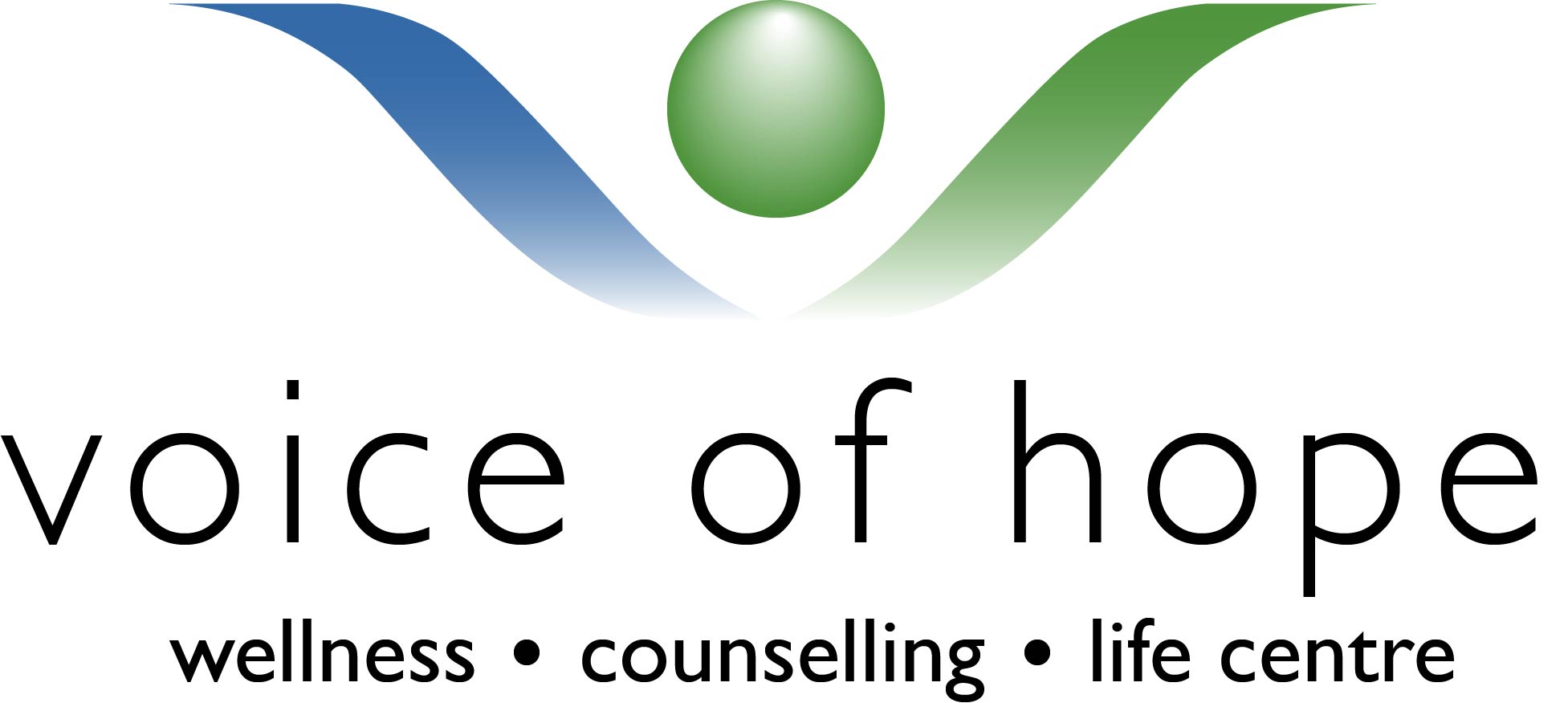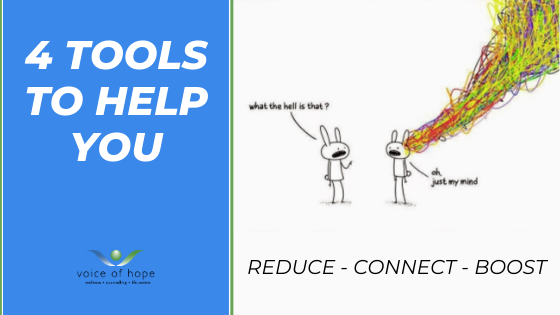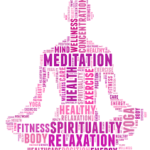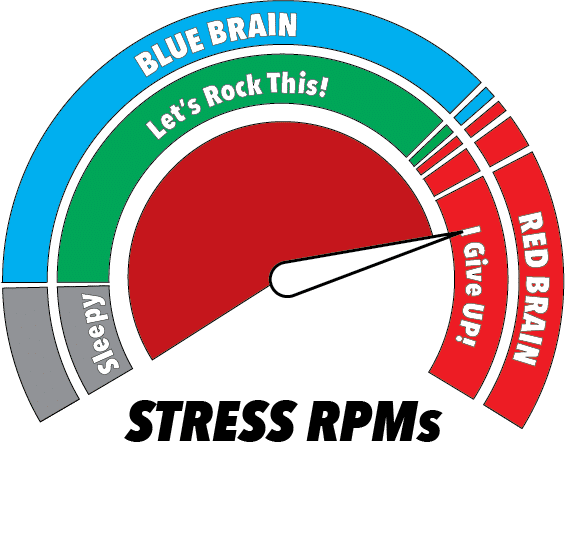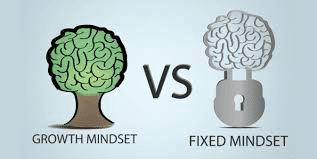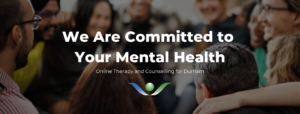Today’s blog is all about taking charge of your body and mind by implementing tools that will help you to reduce your stresses, connect to your potential, and boost your growth. These tools are simple and yet very effective. By using these tools daily, you will start to sense a different environment around you, one that is more at your pace and more friendly to your body and mind!
So let’s dive in, and while you read this, why not start to envision how these tools will change your life!
1. MINDFULNESS
Being mindful sounds like something that is hard to do, and something that we just don’t have time for in our daily, busy lives and it’s with theses thoughts that we find ourselves saturated in stresses, negativity and sadness.
Mindfulness is really just stoping, acknowledging, and being MINDFUL of what is happening around you, to you, and observing your actions/reactions. Being mindful begins with the simplicity of stopping and observing. When you finally stop and become aware, you will notice what is contributing to your feelings.
Here is how you can begin your mindfulness journey, because it is a journey and you will need practice on the daily.
- Stop, right now and just be in your space. Notice everything around you, smells, sounds etc.
- Turn on your AWARENESS and get out of autopilot.
- Begin to see what is actually going on inside your mind and what is driving your thoughts and emotions.
- Build the mental muscle to bring your attention to the present and stop being hijacked by emotions and thoughts.
- Connect to the present moment in all of its joy.
2. EMOTIONAL REGULATION
Emotions are something that can really motivate a reaction, a way of life and steer you in the right or wrong direction. Understanding your emotions, what triggers them, what helps you regulate them etc. is going to significantly change your mood. This seems like a very complicated thing to do, and it can be, but by taking simple steps on your own, you can notice a difference.
- Understand how your emotions are generated and begin to regulate them – if driving by something everyday on the way to work/school etc. upsets you, angers you etc. ask yourself why you get an emotional response from it. Is there anything you can do to change the response or in some cases keep the positive response with you all day? Being observant of why and how your emotions come to you, will help you to regulate your responses to them.
- Stop being reactionary and generate the emotions that you want to experience – if you don’t want to be angry everyday, then stop reacting to things that anger you! Don’t allow something to take control over your body and mind and instead say yes to feeling an emotion you want to feel.
- Learn tools that help you be aware, discover, and change unwanted emotions – you may need some help with this, and we are here to help, but start by taking charge of how you want to feel by listening to your body and emotions and doing what you can to regulate them – simple breathing, envisioning positive outcomes, stop and reset.
3. STRESS & SELF REGULATION
What you will find, is that when you understand when your cup is too full, you will be able to regulate stress in your life. Stresses are everywhere and everyone at some point will experience stresses, whether mild or significant. You are not alone here. What is important to understand is that we can try and keep our stresses to a limit for us personally. Knowing when to empty your cup is a practice, but once you understand it, it will be a game changer.
- Understand what stress is and how to reduce the negative side effects – perhaps this can look like a walk around the block, a bath/shower, a chat with a family member/friend you trust most.
- Learn how your creative, decision-making, logical brain shuts down as your stress levels rise and what to do about it. Not regulating this can cause you to make illogical choices or hamper your creativity. This is why it is so important not to make decisions while in a heavy state of stress. We are not able to really make the best decisions when our cup is too full.
- Discover how your fight/flight systems work, how they can mess you up, and how to run a balanced body system.
4. GROWTH MINDSET
This term has been around for so long, and we are doing so much to teach our young people this concept so that they can be more receptive to failure and learning, etc. in their future. We do, however, forget that some of us have only really learned this in very recent times. Some of us have not realized that we are very fixed in our mindset, because this new growth term is so new. In addition, some of us find it hard to take this new way of thinking and live it daily. But just by learning about it and making some small changes, you can learn and create a growth mentality.
- Learn how to unleash your personal growth and learning by keeping an open mind to new ventures/knowledge etc.
- Discover why you resist change and what is slowing you down. Whatever that resistance is, change/modify it!
- Realize how your thinking directly affects your ability to learn – if you think and believe you can, you WILL!
- Learn why challenge, effort, and failure are your best friends. Failure is learning – learning is growth – growth is your best friend!
It’s true that these tools are daily practices and it’s possible that you will need help in implementing them, but the fact that you’re here, reading this, is already a great start to improving you. When you begin a journey, and especially a self awareness journey such as this, you will have ups and downs, there will be forks in the road and you will occasionally choose the wrong path, but with these tools and our help, you can always find your new, happier and successful self.
LET’S CONNECT
Here at Voice of Hope we provide online and in person therapy counselling and our mission is to provide a professional & honest approach to your mental health.
If you are wanting to take the next steps, we’d love to help you.
We offer a free 20 minute virtual consult.
The purpose of this call will be for you to briefly share what you are hoping to get out of counselling. The therapist will also explain their approach and answer any questions you may have. You can book on the link below.
